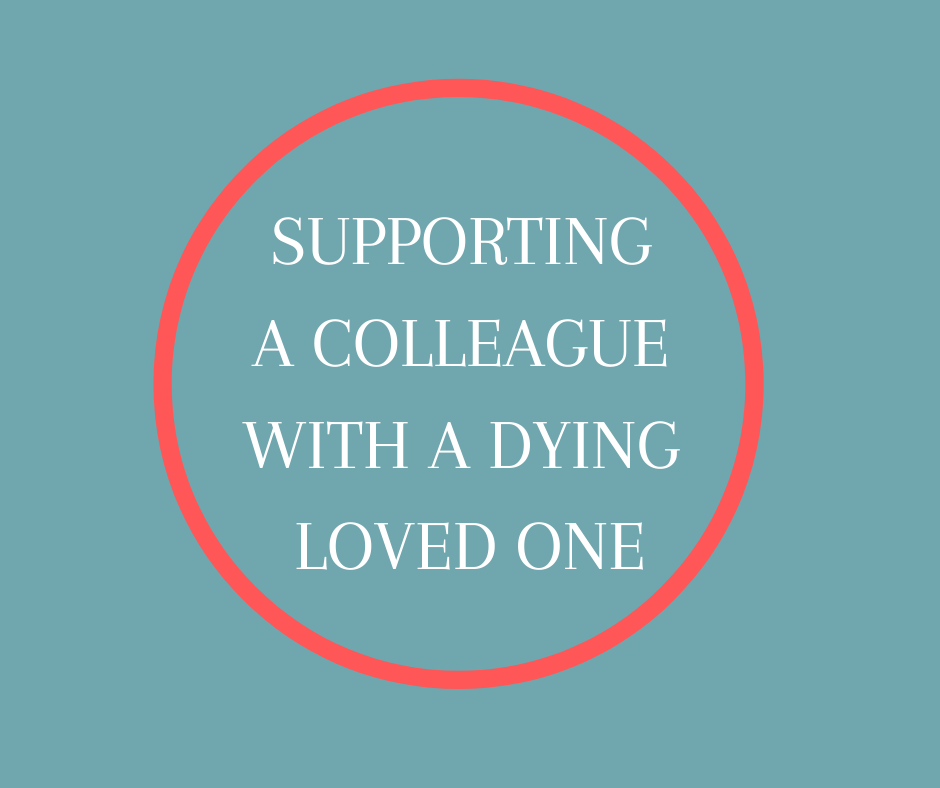Dear Barbara, I was recently with a patient in the last 2 weeks of his life. He was 87, dying of pancreatic cancer, but was not experiencing pain so often found with cancer of the pancreas. His hospice team put him on an extremely low dose of morphine and also low doses of Ativan and Haldol to manage terminal anxiety. Twenty-four hours before he died he lost his ability to swallow and his death rattle set in. He was terrified and seemed to panic, his eyes wide. My question: A higher dose of morphine would have prevented this panic entirely. He seemed to be choking and fighting it. In the absence of pain he wasn’t sedated enough to relax through this as some of my other deaths have been. What is your advice? Should hospice have anticipated this may happen and upped the dose? Or is it better to try and calm the patient and explain that they aren’t choking?
Thank you for writing. I will address several factors in your letter:
“He was terrified and seemed to panic.” As I read that my first thought was, was his reaction that last moment grimace and release that comes just before breathing stops or was it truly the emotion of panic? In the last hours of labor as the body is struggling to release we interpret emotions when really we are watching the labor to let go.
“A higher dose of morphine would have prevented this panic entirely. He seemed to be choking and fighting it. In the absence of pain he wasn’t sedated enough to relax through this as some of my other deaths have been.” I am not a fan of narcotics when physical pain from the disease has not been present. Most of the time when there is not a history of pain we are medicating the watchers and their discomfort rather than educating them as to what is happening.
"Or is it better to try and calm the patient and explain that they aren’t choking?" Trying to "calm" a person who is choking or panicking doesn't actually work whether death is close or not. The question we have to ask is how close to death was he? If it was days then get the morphine or whatever it takes to calm the person. If it is hours probably by the time the medication gets into the bloodstream the person will have died.
“Should hospice have anticipated that choking and panic was going to happen.” Hindsight always makes solutions look more clear cut than they are in the moment. Twenty-four hours before he died you didn't know it would be twenty-four hours. What did his signs tell you (blood pressure, mottling, respirations), hours or days? If I thought he had days I would have gone the morphine and positioning route, maybe even a bit of O2, no suctioning. If I thought hours maybe just positioning.
Also, sometimes someone varies from the predictable signs of approaching death. Each person and their journey is unique. We want to learn from our experiences yet avoid armchair quarterbacking our decisions. We do the best we can based on what we see at the time.
Something More... about Terminal Anxiety or Final Moment Grimace?
For decades I would travel around the country giving workshops to end of life professionals about the normal natural way that people die. I would teach about the patterns, the way to care for the dying, the way to care for our caregiving selves. I was unable to keep up with the demand so I put together a film of my workshop and called it This Is How People Die. This film is used for medical staff orientation, hospice nurses/social workers/ volunteer trainings, Stephen Ministries, parish nurses, and end of life doulas. It is used as an inservice at many hospices also.








8 comments